Download our 'Carbon Countdown' report here
File Size: 18 MB


Green Means Go: Accelerating towards a net zero future
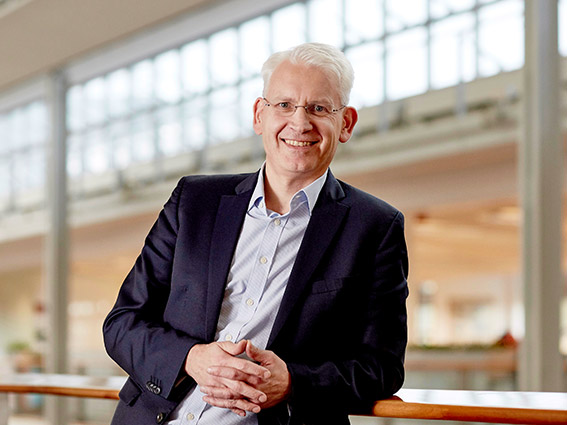
The Carbon Countdown: the clock is ticking
By Michael Lewis, E.ON UK CEO
Our Carbon Countdown: Road to 2030 white paper looks at the changes needed in our homes, our businesses and our city infrastructures in order to reach a net zero future. We examine how far and how fast that acceleration needs to go in order to get there, what we can all do to speed things up, and policies needed to ensure the country is able to achieve those ambitions.
The decisions we take, the investments we make, and the path we follow in the next 10 years will decide whether we are on the right road to meet the goal. Net zero by 2050 is achievable. We all have a responsibility to play our part to make sure we get there.
The UK has already begun its net zero journey: increasing energy efficiency and the rise of renewables across our electricity grid mean that since 1990 our greenhouse gas emissions have almost halved – a world-leading performance. We’re still only at the beginning, though, and if we are to stay on track to meet our 2030 contribution to the Paris Agreement, we will have to cut emissions by a further 40%.
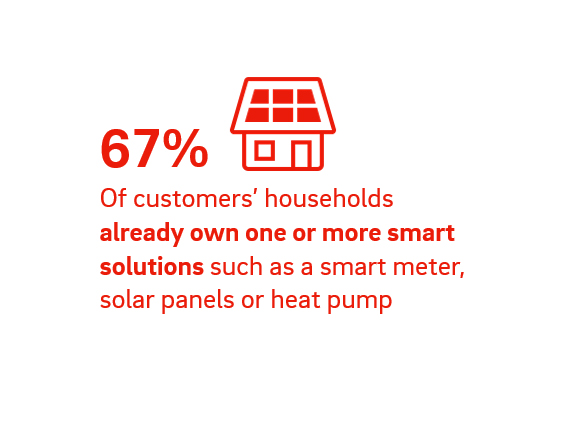

The UK has a bold target of achieving zero net carbon emissions by 2050. By drastically reducing carbon emissions, building out green energy infrastructure, adopting cleaner technologies at home and at work, changing motoring habits and other measures, the aim is that any emissions we still produce will be balanced by the growing number of opportunities to offset an equivalent amount of greenhouse gases from the atmosphere. Ahead of COP26 in Glasgow last year, the first time the UN climate change conference has taken place on these shores, the Government announced a raft of new measures to help with those transitions; including £620m in grants for electric vehicles and street charging, as well as funding of up to £5,000 for any household installing a low-emission heat pump.
The next decade will be critical if we are to meet that 2050 target. The decisions we take in the years between now and 2030 will determine whether we are able to gain sufficient momentum to achieve success.
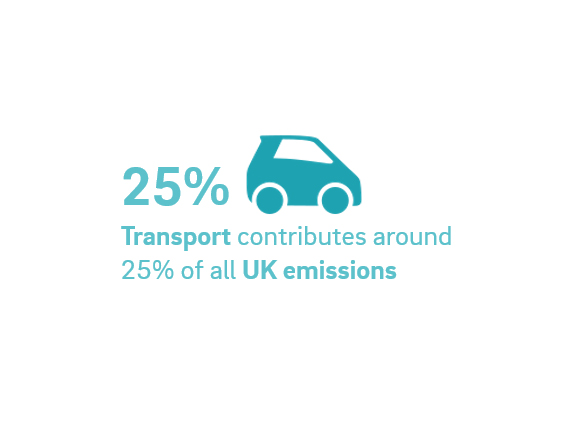
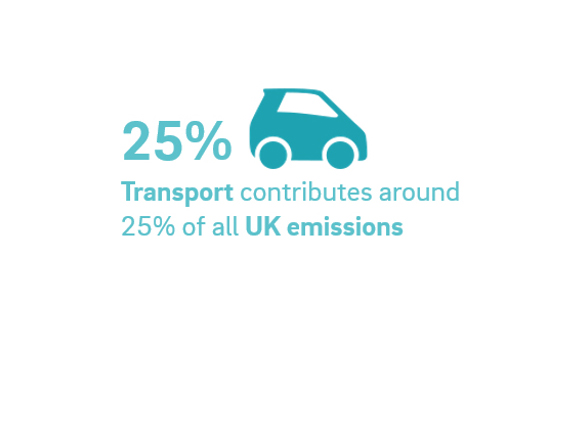
A big part of making those policies work is transforming the energy sector at the customer level, making the green choice the simplest, most aspirational and most cost-effective option for millions of people. Smart meters are now the default options in our homes, helping consumers to manage and reduce their energy consumption. And the Government’s decision to end sales of new petrol and diesel vehicles by 2030 has spurred the market for – and choice of – electric cars, further reducing our dependence on fossil fuels.
However, engaging people in sustainability issues has been made much harder by the cost-of-living crisis. Quite understandably, when prices of everything from energy to fuel and food are surging, consumers’ main concerns are about managing their finances and looking after their families as best as they possibly can.
The Energy Security Strategy, released by the Government in April, should have set out ways to protect customers’ wallets and the UK’s progress towards net zero, but it delivered neither. Instead, by abandoning any extra commitment to help people improve their homes, it condemned many thousands to living in cold and draughty homes, wasting energy and paying more than they need to for their heating.
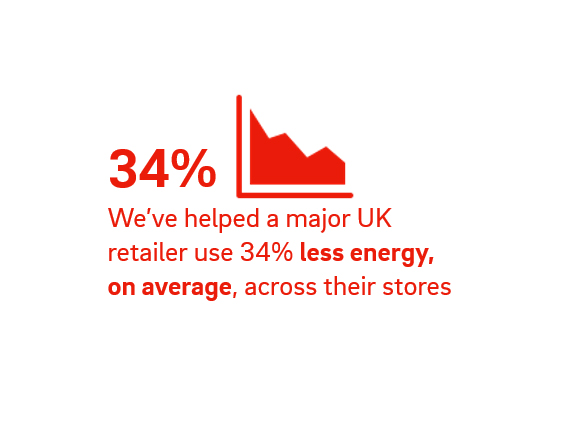

Those developments only increase the responsibility of policymakers and business leaders to take the lead in reducing the UK’s carbon footprint. Indeed, E.ON’s own research with 20,000 people across the country shows that three fifths of the public think environmental change starts with decisions made by government officials and businesses.
Still one of the biggest areas that needs tackling is the UK’s over-reliance on gas. Events of the last 12 months have starkly revealed how vulnerable we are to the peaks and troughs of global prices, while Russia’s role in international gas supply is, of course, under increased scrutiny given its power as political leverage over Western nations.
Green Means Go: a message of change and hope
As part of our sponsorship of the Birmingham 2022 Commonwealth Games, E.ON enlisted the support of Casey Bailey and Fatma Mohiuddin, Birmingham's Poet Laureate and Youth Laureate.
Casey and Fatma created Green Means Go, a new composition which sends out a powerful message of challenge and hope to policymakers and business leaders across the country on why change is needed, and why it needs to arrive quickly.
We need to recognise that gas central heating – now one of the UK’s largest sources of emissions – must be replaced with cleaner alternatives: electric heat pumps for the majority of domestic heating needs, hydrogen down the line for industrial purposes and storing renewable power, as well as and low carbon heat networks, utilising waste heat as a source. Alongside that, we have to take petroleum out of transport and solve the problem of storing energy at scale so it can be made available when most needed.
This report – now in its second iteration to reflect the changing landscape, challenges and opportunities in this sector – investigates the changes needed in our homes, our businesses and our city infrastructures to get to net zero by 2050. We examine how far and how fast that acceleration needs to go in order to get there, what we can all do to speed things up, and policies to ensure the country is able to achieve those ambitions.
E.ON leading the way
Supporting the Scottish Government's fuel poverty strategy by helping improve the energy efficiency of thousands of homes, developing an eco-friendly concept for a community of 3,000 apartments and 50 shops, restaurants and cafes, and helping a global manufacturer of drinks reduce the environmental impact of one of their key sites are some of the ways we're helping to lead the way towards a zero carbon future.
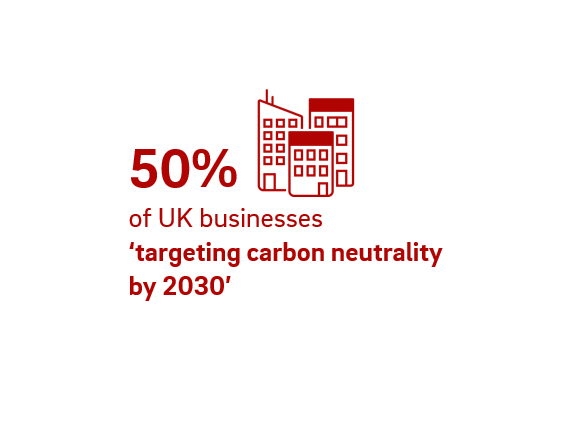

While there is no COP26 this year to serve as a public focal point for climate action, there are notable events that will shine a spotlight on our communities and regions, and the role that net zero has to play within them.
For example, the Commonwealth Games in Birmingham – a world class sporting spectacle of which E.ON is proud to be a partner – aims to create its own carbon neutral legacy in a part of the country that’s also our home. This is a powerful objective and one we are delighted to play a key role in, across an area where we are a major employer and contributor to the local economy.
We’re not blind to the role that energy companies must play in ensuring greener energy is delivered in he most efficient, lowest cost and most customer focused way. At E.ON, this means continuing our own journey towards providing personalised, smart and sustainable solutions for each and every customer. Our #ActionForClimate campaign celebrates the role of every day change-makers and their personal actions to help reduce the UK’s carbon footprint.
Getting to net zero in 2050 will be a sizeable challenge, especially against the backdrop of a cost-of-living crisis. But the decisions we take, the investments we make, and the path we follow in the next 10 years will decide whether we are on the right road to meet the goal.
Download our 'Carbon Countdown' report here
File Size: 18 MB
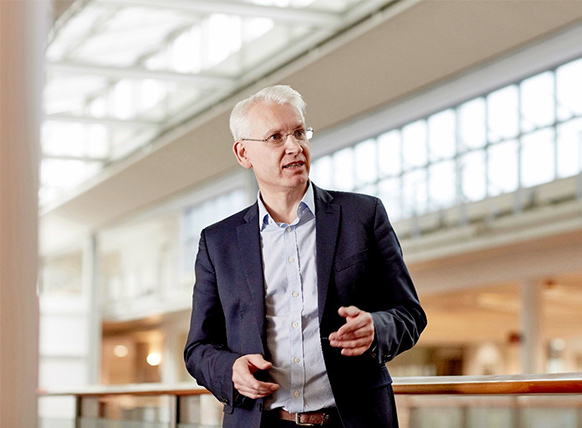

Written by Michael Lewis
Michael joined E.ON UK as CEO in 2017, having worked in the energy industry for over 25 years. He joined Powergen in 1993, originally working in technical and environmental roles, before moving into corporate strategy and development. Following E.ON’s acquisition of Powergen in 2002, he moved to E.ON’s headquarters in Düsseldorf as Vice President Corporate Development. In 2007, Michael was appointed Managing Director for Europe on the Board of E.ON Climate and Renewables, before becoming Chief Operating Officer in 2012 and then CEO of E.ON Climate and Renewables in 2015. Michael is a Chartered Engineer (CEng) and a Fellow of the Institution of Mechanical Engineers (FIMechE).